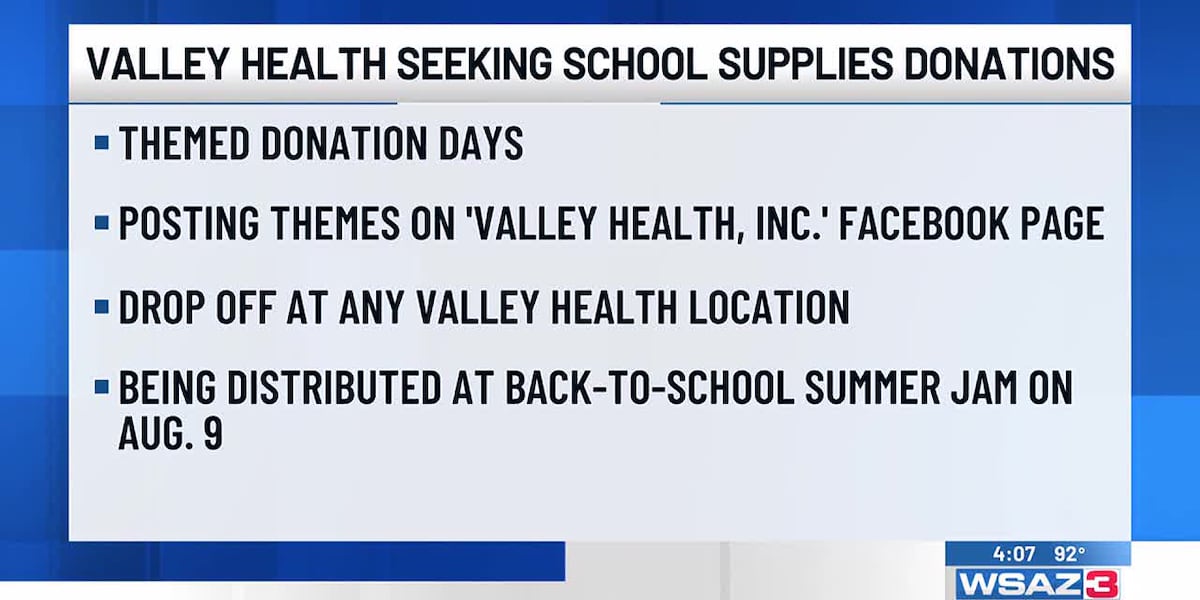Texas Cuts Off Healthcare for Hundreds of Thousands: Medicaid Unwinding Sparks Concern

Texas has recently removed a staggering 1.8 million people from its Medicaid program, a move stemming from the nationwide “unwinding” of pandemic-era protections. This action, part of a federal mandate to resume eligibility redeterminations, has triggered widespread concern over access to healthcare for vulnerable populations across the state.
The Medicaid Unwinding Explained: During the COVID-19 public health emergency, federal law temporarily prevented states from disenrolling people from Medicaid, even if their income or circumstances changed. This ensured continuous coverage for millions during a time of economic uncertainty. However, with the end of the emergency declaration, states are now required to reassess the eligibility of their Medicaid enrollees. This process, known as the “unwinding,” is proving to be more complex and disruptive than initially anticipated.
Texas Leads the Nation in Disenrollments: While all states are undertaking this eligibility review, Texas has seen some of the most significant drops in enrollment. The 1.8 million disenrollments represent a substantial portion of the state’s Medicaid population, raising serious questions about the adequacy of the state's outreach efforts and the potential for eligible individuals to lose coverage unintentionally.
Why are People Losing Coverage? There are several reasons why individuals are being disenrolled from Medicaid. Some may no longer meet the income requirements, while others may have moved, changed jobs, or not responded to state notices requesting updated information. Navigating the redetermination process can be confusing, particularly for those with limited English proficiency or those facing other barriers to accessing government services.
Concerns and Criticisms: Advocacy groups and healthcare providers have voiced concerns about the speed and scale of the disenrollments. They argue that the state’s communication efforts have been insufficient, leading to many eligible individuals losing coverage without realizing it. There are also worries about the impact on hospitals and clinics, which may struggle to absorb the increased number of uninsured patients.
What's Being Done to Help? State and federal agencies are working to streamline the redetermination process and provide assistance to those who need it. Resources are available to help individuals understand their eligibility requirements, update their information, and appeal any adverse decisions. Community organizations are also playing a crucial role in connecting people with healthcare coverage options.
The Bigger Picture: A National Trend Texas’s experience is not unique. Across the United States, millions of people are being disenrolled from Medicaid as states resume eligibility redeterminations. This trend is expected to continue in the coming months, highlighting the need for ongoing monitoring and support to ensure that vulnerable populations maintain access to essential healthcare services. The long-term consequences of these disenrollments remain to be seen, but they underscore the importance of a strong and accessible healthcare safety net.
Looking Ahead: The Medicaid unwinding process is a complex challenge with significant implications for public health. Continued vigilance, effective communication, and robust support services are essential to minimize disruptions and protect the health and well-being of those who rely on Medicaid coverage. It is crucial for individuals to proactively check their eligibility and take steps to maintain their coverage if they are at risk of losing it.





